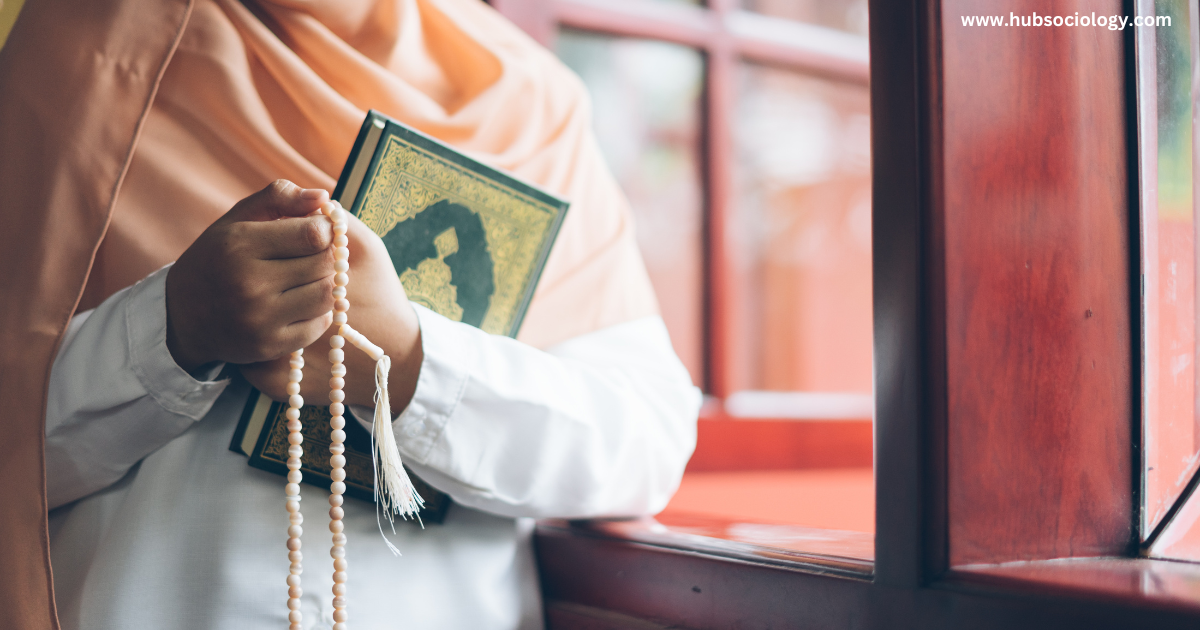Islam and Secularism in Central Asian Societies: A Sociological Perspective
Introduction on Islam and Secularism in Central Asian Societies Central Asia, comprising Kazakhstan, Kyrgyzstan, Tajikistan, Turkmenistan, and Uzbekistan, represents one of the most fascinating laboratories for studying the coexistence of religion and secularism. The region, situated at the crossroads of Islamic civilization, Soviet socialism, and post-Soviet nation-building, reflects complex social dynamics where Islam and secularism … Read more


